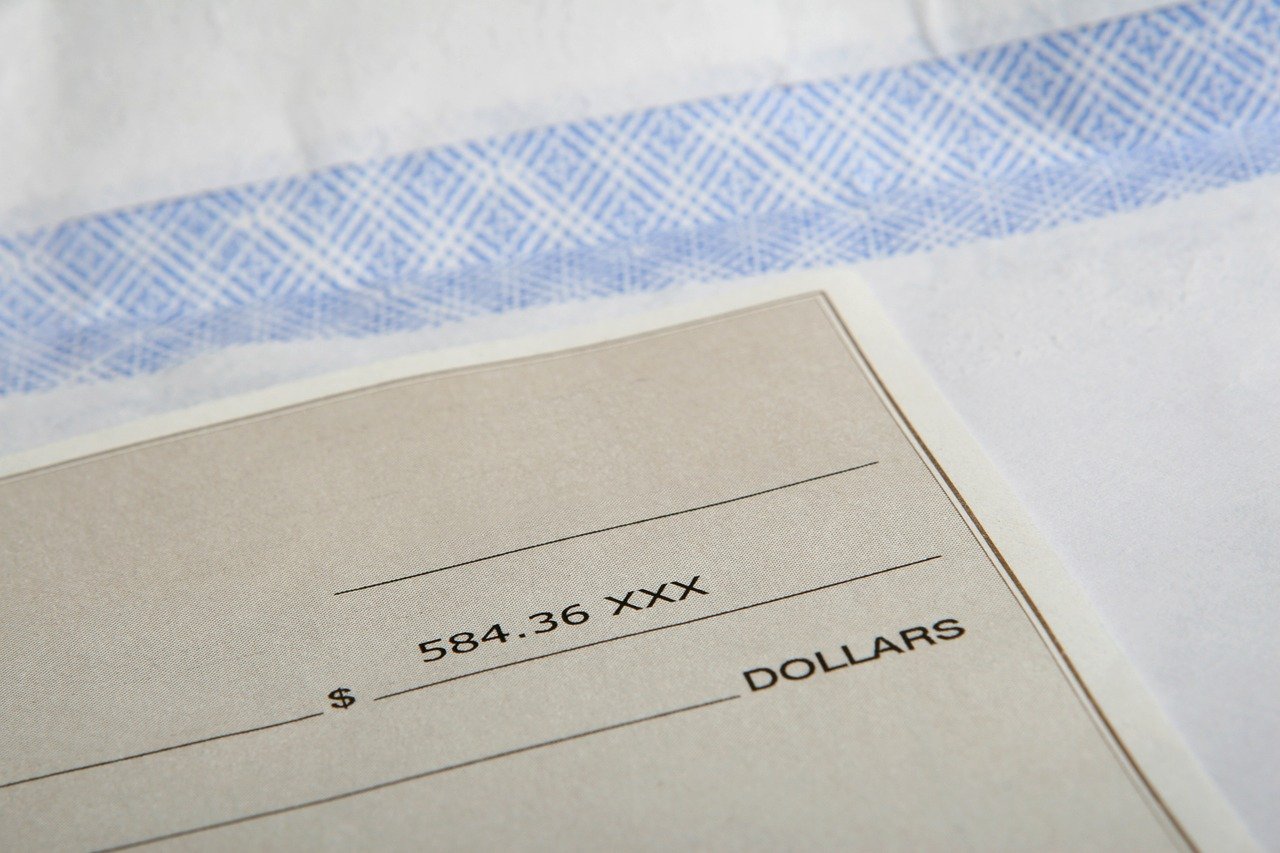It’s all too easy to bounce a check. Maybe you wrote a check months ago but it was never cashed, or maybe you forgot about an automatic bill. Luckily, you can recover from a bounced check and protect yourself from this problem in the future if you are strategic about your response.
The consequences of a bounced check range from mildly troublesome to serious, but if you are proactive about dealing with the situation, it is unlikely to escalate. However, it’s important to understand the key steps to take if your check bounces.
What to Do Immediately About a Bounced Check
The first step to take when dealing with a bounced check is to reach out to the person or company affected. If you realize the check is going to bounce before it does, let that person know and provide a plan for fixing the situation.
If you learned that your check bounced after the fact, reach out to the recipient to avoid confusion and prevent the situation from escalating. If you can resolve the payment in a timely manner, the whole ordeal will likely be forgotten. However, if you do not have the funds to resolve the problem right away, have a conversation with the check recipient. It may be possible to set up a payment plan, or simply provide a firm date when the recipient will receive their payment.
The other institution to contact is your bank. If you have never bounced a check before, your bank may be lenient and not charge an overdraft fee. Of course, you can always ask for the bank to waive the fee. However, if this is a pattern of behavior, it’s unlikely that the bank will forgive the fee, and you’ll need to pay it to remain in good standing. If the fee is exorbitant, consider shopping around for a new bank with lower fees.
The Consequences of Bouncing a Check
If you bounce a check, you’ll probably have to pay a fee. Your bank will likely charge a fee of at least $30, and you may continue to be charged as long as you have a negative account balance. Get familiar with your bank’s overdraft policies to figure out how to avoid being slammed with multiple charges. You may also be charged by the check recipient.
In addition, you could experience personal or professional fallout as a result of the bounced check—which is why it’s so important to communicate openly and proactively when you bounce a check. If you communicate, you may be able to salvage the relationship.
Sometimes, the consequences of a bounced check can be more serious. For example, your bank may report you to ChexSystems, which is used to alert banks about customers. You can clear your ChexSystems record, but the mark can stay for up to five years. Again, if you communicate proactively with your bank and pay the fees, it’s less like that they will report you.
The other potential issue is criminal or civil penalties. These charges depend on the check’s amount and where you live, as well as whether or not you knowingly wrote a check that would bounce. You could end up with a felony charge in the most egregious cases. The check recipient could also take you to civil court if the issue goes unresolved.
How to Protect Yourself After Bouncing a Check
Even if this is the first time you bounced a check and it was a mistake, you should still sign up for overdraft protection if your bank offers it. This service lets you transfer funds from a linked account to cover an overdraft, so you can avoid the fees. Many banks offer this feature free of charge, or for a small fee. Shop around if you think the overdraft protection fee is too high. Some banks may have an overdraft line of credit, which essentially lets you borrow money to cover an overdraft. These lines of credit tend to have very high fees, so try to pay back the money as quickly as possible.
Next, you may want to think about using a payment app instead of a check. Apps like Zelle, Venmo, and Cash allow you to send money immediately, so you can avoid the delays associated with checks. These delays contribute to many people bouncing checks, since it’s easy to forget about a check or accurately calculate your real account balance when a check takes a long time to clear. A budgeting app can also help you keep track of payments and account balances to make sure something similar does not happen in the future.
If all else fails and you find yourself repeatedly bouncing checks by accident, a safer alternative is a money order. Banks usually offer these for a small fee; you can also get them at the post office, Western Union, and many grocery stores, including Wal-Mart, if you don’t have a bank account. Money orders are prepaid, so there’s no risk of spending money that was supposed to go to a check.

